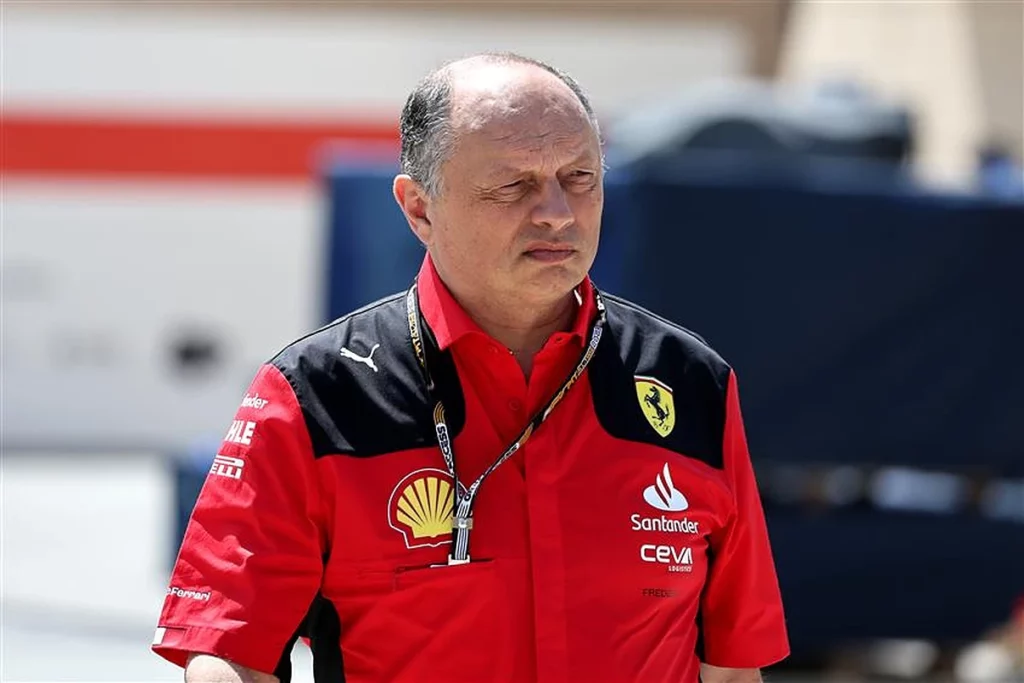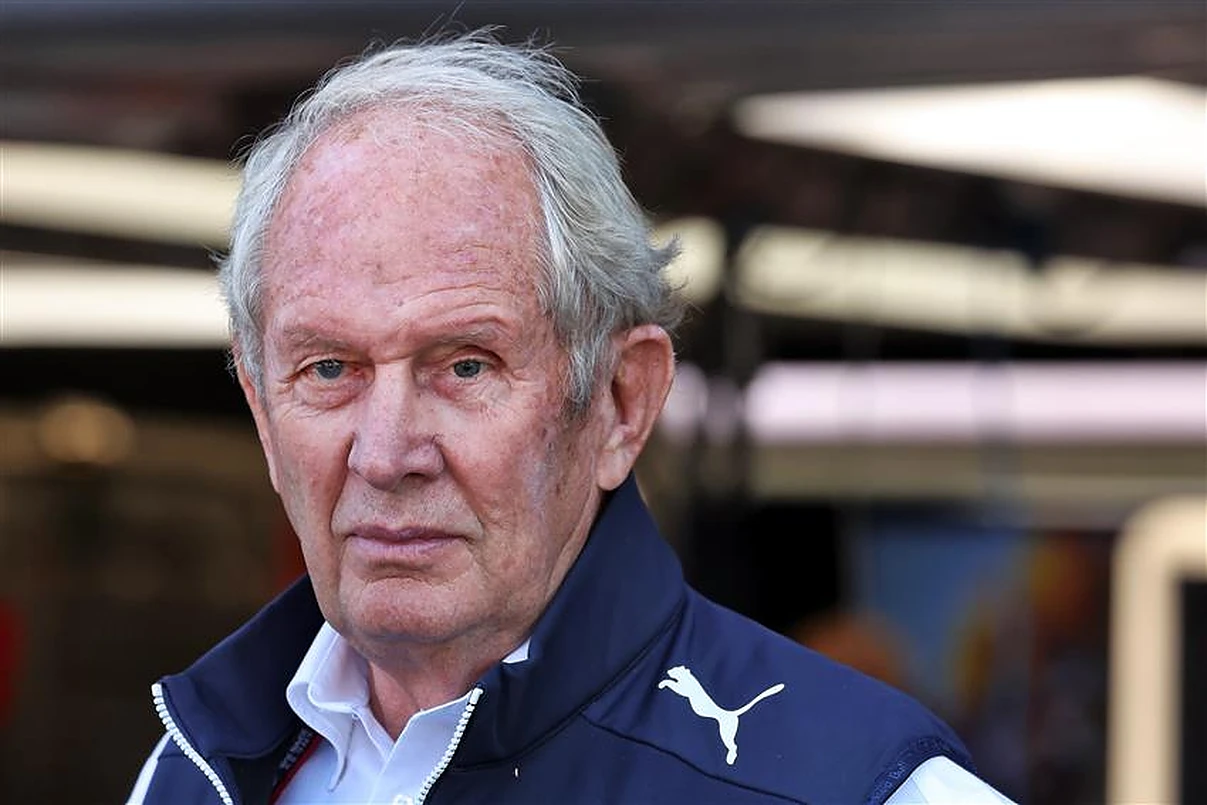Red Bull have been by far the most superior team in Formula 1 since the introduction of the new aerodynamic regulations, with the side’s aerodynamic team having been attacked by rivals as a result.
The likes of Aston Martin, Ferrari, and McLaren have all poached staff from the Milton Keynes-based team, with Aston Martin having become the first after signing Red Bull’s former head of aerodynamics, Dan Fallows.
In the last two weeks alone, Red Bull have reportedly lost another three key employees, with Rob Marshall having been signed by McLaren for 2024 to become the Woking-based team’s technical director of engineering and design.
Ferrari have reportedly signed aerodynamicist David George and another unnamed member of Red Bull’s aero team, with the Italians perhaps set to learn some of Red Bull’s secrets.

Want to work in Formula 1? Browse the latest F1 job vacancies
Ferrari and Mercedes are also both believed to have approached chief technical officer Adrian Newey, prior to him signing a new contract with the Austrians, which is perhaps set to be his last in F1.
Red Bull are certainly experiencing a bit of a staff exodus, with advisor Dr Helmut Marko revealing that their staff are being offered “double” in some cases by their rivals.
“That is indeed a big problem,” Marko reportedly told Sky Sports F1 on Sunday.
“Above all the sums that are offered – they sometimes get double what we paid them.”
Despite having lost several key members of staff, Marko remains certain that those who want to win will remain with Red Bull, regardless of it they’re offered more money by an opponent.
“The factor that still keeps us halfway together as a team is the emotion, the passion,” Marko said.
“Of course it also makes a lot of difference that you have a driver like Max. It radiates and everyone wants to be there be a part of this success package.”
READ: Charles Leclerc proven right with unseen Max Verstappen footage
Despite this, the 80-year-old is hopeful that the pursuit of their staff won’t continue.
“We hope that this will remain a one-time thing,” he said, “otherwise we have no serious departures.
“Thank God we have partnerships with universities. We train our people ourselves and can mostly absorb that.”

